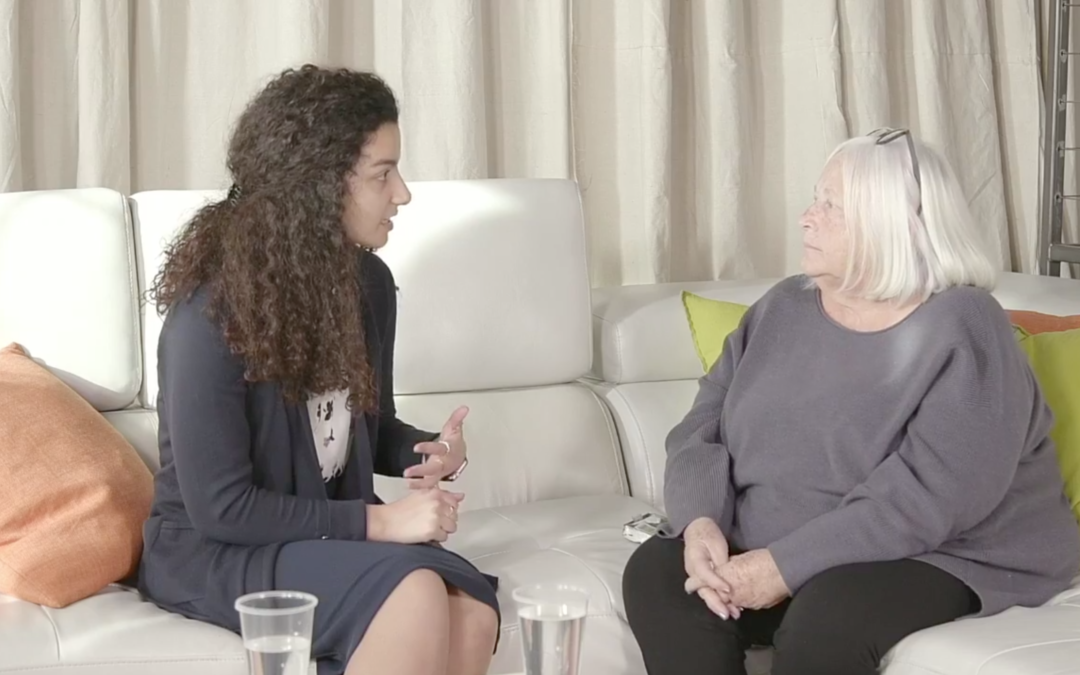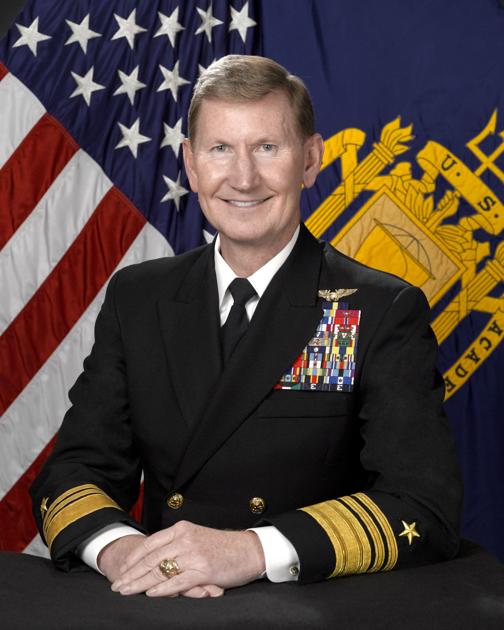
Regent vs. Regent: Office Hours Round 2
Regent vs. Regent: Office Hours Round 2
On December 3rd I had the pleasure of sitting down with UNO Student Regent Aya Yousuf for a candid conversation during my second-ever Office Hours livestream. And wow, was it enlightening.
Even though we can both claim the title of Regent at University of Nebraska – her as a student, myself as, well, not a student – we’ve had very different paths to this point. For one thing, Aya’s remarkable story starts in Iraq.
During our Office Hours session Aya shared her story of coming to the United States with her family when she was just a child and how she came to be a Student Regent at UNO. We also talked a lot about the differences and similarities between the Regent and Student Regent systems and came to the conclusion that time management is probably one of the biggest challenges for both of us.
We also had a frank discussion about the university’s new presidential candidate Ted Carter including our first impressions, professional opinions, and what we’ve heard from colleagues and constituents in terms of how they’re feeling.
A couple of great questions came in, one in particular focusing on social work and mental health disparities in Omaha in connection to recidivism, which prompted a broader conversation about mental health and education in general.
There was a lot of ground we covered in our session, I highly encourage you to take some time, have a listen, and let us know what you think.
To watch it, click here.
Thanks again to all who tuned in for the livestream, check out the link above if you’d like to dive into the discussion, and I’ll see you on the next round of Office Hours – seriously, keep those questions coming!
I wish you all many curious conversations.
*Barbara’s thoughts as written by Kate based on weekly (fascinating) conversations.






